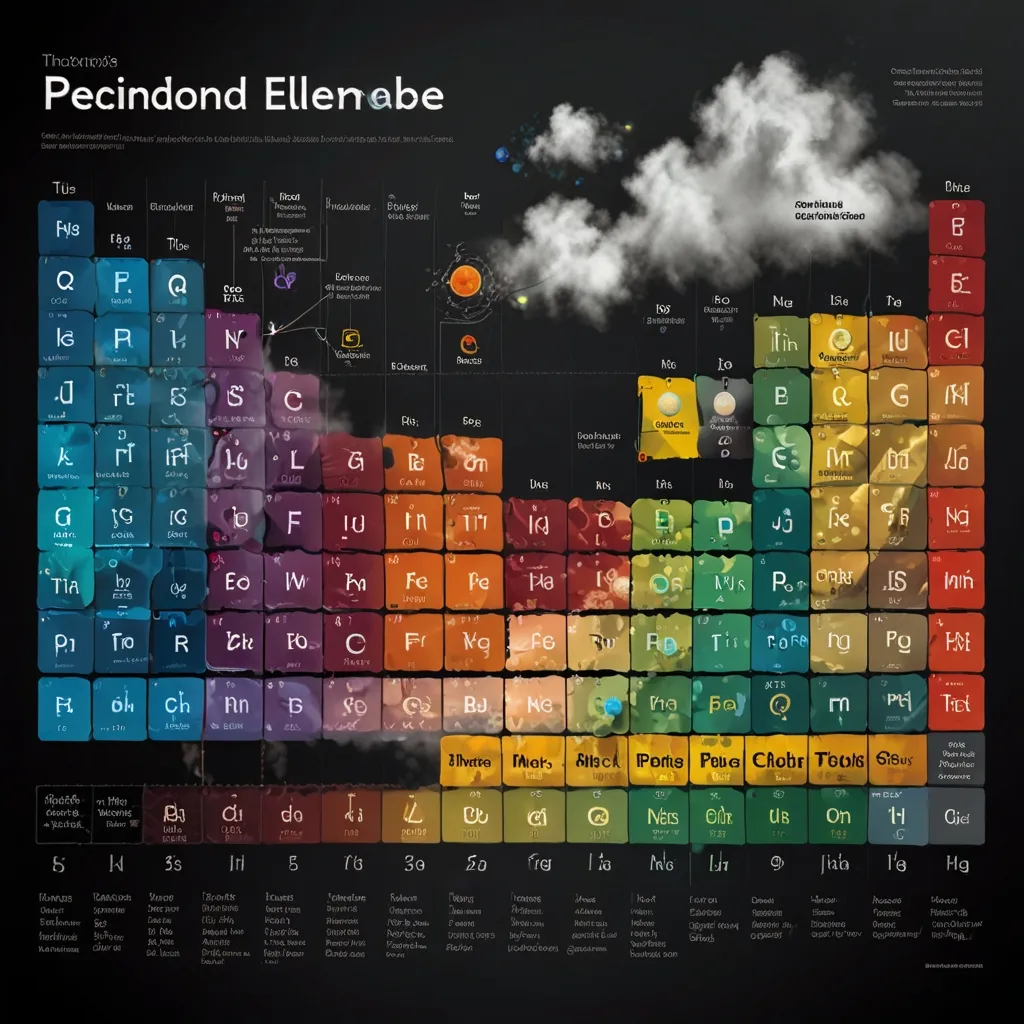A tennis player wins her second straight set, feeling like she can predict her opponent’s next move. A musician works tirelessly on a chord progression, unfazed by mistakes as he repeatedly plays the same bars. A scientist ignores her morning alarm, engrossed in analyzing data through the night. Though their activities differ widely, each person is experiencing a mental state known as “flow.”
Flow isn’t reserved for athletes or scientists. Anyone can feel this state of effortless engagement. It’s a good thing, too, since people who experience flow often report higher levels of happiness, creativity, and a sense of accomplishment. Research also links flow to increased productivity, better learning, and academic success.
But what is flow? It’s more than just focusing or paying attention. Psychologists describe it as an altered state of consciousness with key features. When in flow, time seems to fly by, and distractions fade away. Unlike procrastination, which makes it hard to start an activity, flow makes it hard to stop. Worries and self-judgment diminish, fostering creativity and peak performance. Brain imaging studies show that flow involves changes in brain activity, particularly in areas related to attention, self-awareness, and self-consciousness.
Despite extensive research, many questions remain unanswered. How does the brain in flow compare to states like meditation? Does physical activity induce the same brain changes as mental tasks? Scientists are still figuring out why certain activities trigger flow more easily.
One theory is that people find flow in activities they find intrinsically motivating—those they enjoy or find meaningful. This could include hobbies, engaging work tasks, or even enjoyable chores. Conversely, it’s harder to find flow in tasks done out of sheer obligation. Another idea is that balancing personal skill with the task’s challenge is crucial. Too easy and you get bored; too hard and you get discouraged. The game Tetris illustrates this balance well by increasing difficulty as players improve.
Studies also suggest clear goals and progress tracking help induce flow. Practicing a song, for example, lets you gauge your performance with each note. This may explain why games of chance can be engaging even without requiring skill; the immediate feedback fuels engagement.
While there’s no foolproof method to achieve flow, you can increase your chances. Find a quiet place free from distractions. Break tasks into manageable segments. Set clear, challenging goals. If a task feels joyless, tweak it to make it more engaging. For instance, aim to finish washing dishes within a certain time or run to the rhythm of a song. Most importantly, avoid obsessing over achieving flow, as that can be counterproductive.
Embrace the process and let flow find you.






